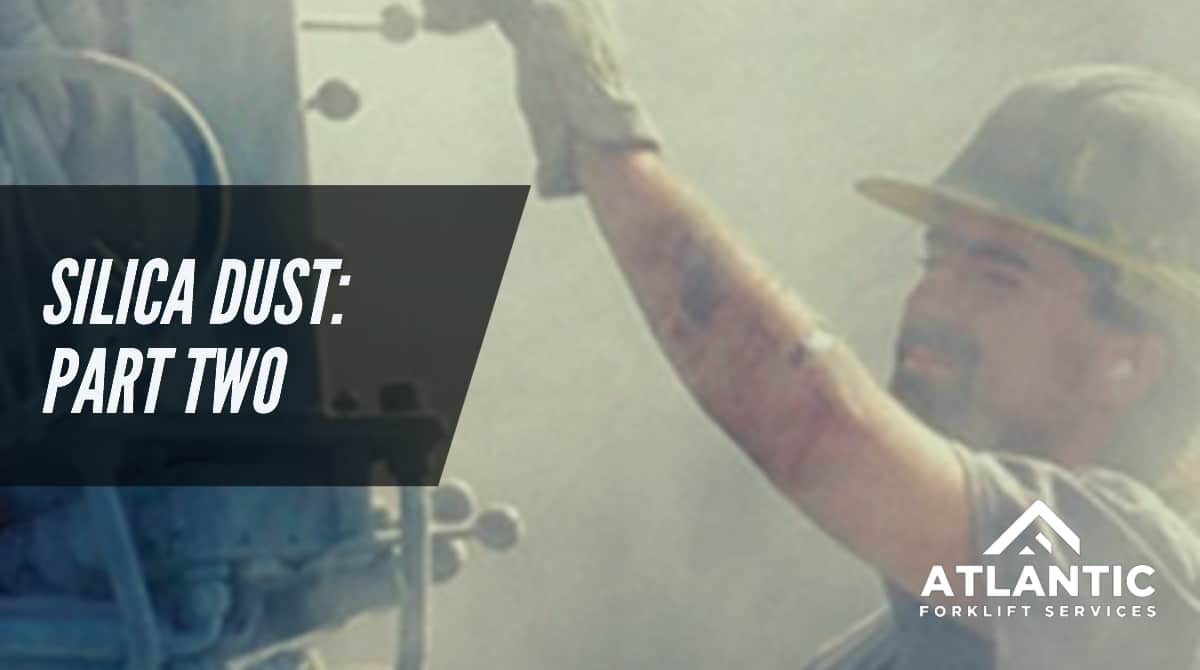 In part one of this two-part series, we ran through the occupations and facilities that are most likely to involve exposure to silica dust- the potentially dangerous by-product of crushing, drilling or cutting concrete and other materials. Long-term exposure to silica dust can cause serious and sometimes fatal lung conditions and you should read that blog before you read this one.
In part one of this two-part series, we ran through the occupations and facilities that are most likely to involve exposure to silica dust- the potentially dangerous by-product of crushing, drilling or cutting concrete and other materials. Long-term exposure to silica dust can cause serious and sometimes fatal lung conditions and you should read that blog before you read this one.
OSHA has released new regulations surrounding the management of silica dust and the businesses’ responsibility to keep their employees safe and manage their exposure to silica dust. Regulations take effect on June 23, 2018, and if you haven’t started preparing for them already, you’re probably behind.
OSHA now requires that businesses working in or around conditions that produce silica dust to sample the air conditions to which your workers are exposed. If conditions exist where employees will be exposed to more than 25 micrograms of silica per cubic meter of air for eight hours or more a day, you are expected to adhere to these new regulations.
If your facility or operation is reaching 50 micrograms of silica per cubic meter of air for eight hours or more a day, you will be required to protect workers from exposure by limiting access to areas, use dust controls like localized exhaust ventilation and running water. Businesses will be expected to provide respirators to workers when dust controls or ventilation cannot be provided.
A written exposure plan is also required, that identifies the conditions employees will be working in, and the level of exposure that is expected.
Facilities will also have to restrict cleaning methods that expose workers to silica dust, like using compressed air without an adequate ventilation system, and even dry-sweeping in areas that may be contaminated.
Medical examinations must be provided to exposed workers every three years, and extensive training on the health effects is now required. Records of employee’s exposure to dust is also mandated.
OSHA.gov has much more information on the new regulations and our experts are equipped to discuss these new regulations as well. Do not hesitate to contact us at (704) 842-3242. We know that some of our forklift clients have environments affected by these new regulations, and we’re on your side to keep you safe, and in compliance.
